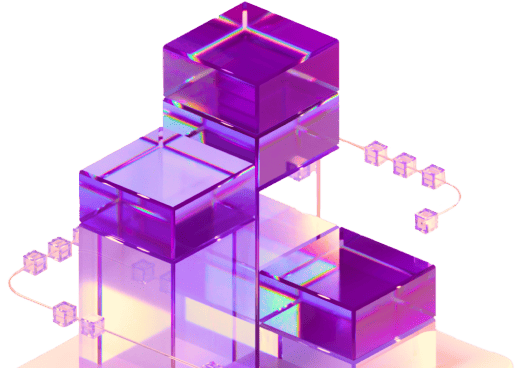In a major development for the Cosmos ecosystem, the Cosmos Hub community has officially passed the long-awaited “Interchain Security” proposal, enabling ATOM stakers to validate multiple chains beyond the Cosmos Hub. This change represents a major technical and economic shift within the Cosmos network and opens new opportunities for stakers to maximize their rewards while contributing to broader network security.
What Is Interchain Security?
Interchain Security (ICS), also known as Replicated Security, is a novel feature in Cosmos’ modular architecture that allows the Cosmos Hub’s validator set to secure other blockchains within the Cosmos ecosystem. Instead of each chain having to bootstrap its own validator set, new chains (called consumer chains) can lease security from the Cosmos Hub’s established validators.
By leveraging the existing ATOM staking infrastructure, ICS helps new chains achieve security more efficiently and allows Cosmos Hub stakers to earn rewards from multiple networks.
Proposal Passed: A Turning Point for Cosmos
The proposal passed on-chain governance in early August 2022, following months of technical reviews and community debate. The approval means ATOM stakers and validators can now participate in securing multiple chains, further decentralizing the Cosmos ecosystem while enhancing validator profitability.
This marks a turning point for Cosmos, positioning it as a truly scalable, multi-chain network with shared security — one of the few in the crypto space implementing such functionality at scale.
Stakers Gain More Yield Opportunities
One of the major appeals of Interchain Security is the added income stream for ATOM stakers. While current staking APY on the Cosmos Hub remains steady at around 12%, Interchain Security will allow these stakers to receive additional rewards from consumer chains that use the Cosmos Hub’s validator set.
This opens up an entirely new incentive layer: rather than choosing between staking ATOM or participating in other networks, users can now do both by delegating to validators who opt into securing consumer chains.
ATOM Price and Staking Activity React
In response to the governance proposal’s success, ATOM saw a modest price uptick, indicating growing market confidence in Cosmos' multi-chain vision. More notably, staking activity increased as users anticipated higher APY potential and cross-chain utility for ATOM holdings.
Data from OnStaking shows a 7% increase in ATOM staking participation in the week following the vote.
Consumer Chains Ready for Launch
Several consumer chains are already lined up to launch under Cosmos’ Interchain Security model. Notably, Neutron — a smart contract platform for DeFi applications — and Quicksilver — a liquid staking protocol — are among the first to integrate.
Each consumer chain will have its own economic model and will compensate ATOM validators with tokens or fees in return for security services, creating a diverse set of reward flows for stakers.
Governance and Decentralization Concerns
While Interchain Security brings efficiency and scalability, it also raises questions about governance. Will the Cosmos Hub have veto power over consumer chains? Will validators dominate decision-making across chains?
To address this, the Cosmos community is discussing layered governance models that give consumer chains autonomy while allowing Cosmos Hub stakeholders to maintain oversight on security matters.
What It Means for the Cosmos Ecosystem
The successful implementation of Interchain Security significantly strengthens Cosmos’ vision of an “Internet of Blockchains.” It allows chains to launch faster, more securely, and with aligned economic incentives — a rare combination in today’s fragmented crypto landscape.
For developers, this means faster time-to-market. For users, it means more reliable and interconnected services. And for stakers, it’s a powerful new mechanism for yield generation.

 English
English
 Deutch
Deutch
 Espanol
Espanol
 Francais
Francais
 Portugues
Portugues
 日本
日本
 한국인
한국인
 Türk
Türk
 Русский
Русский
 Tiếng Việt
Tiếng Việt

